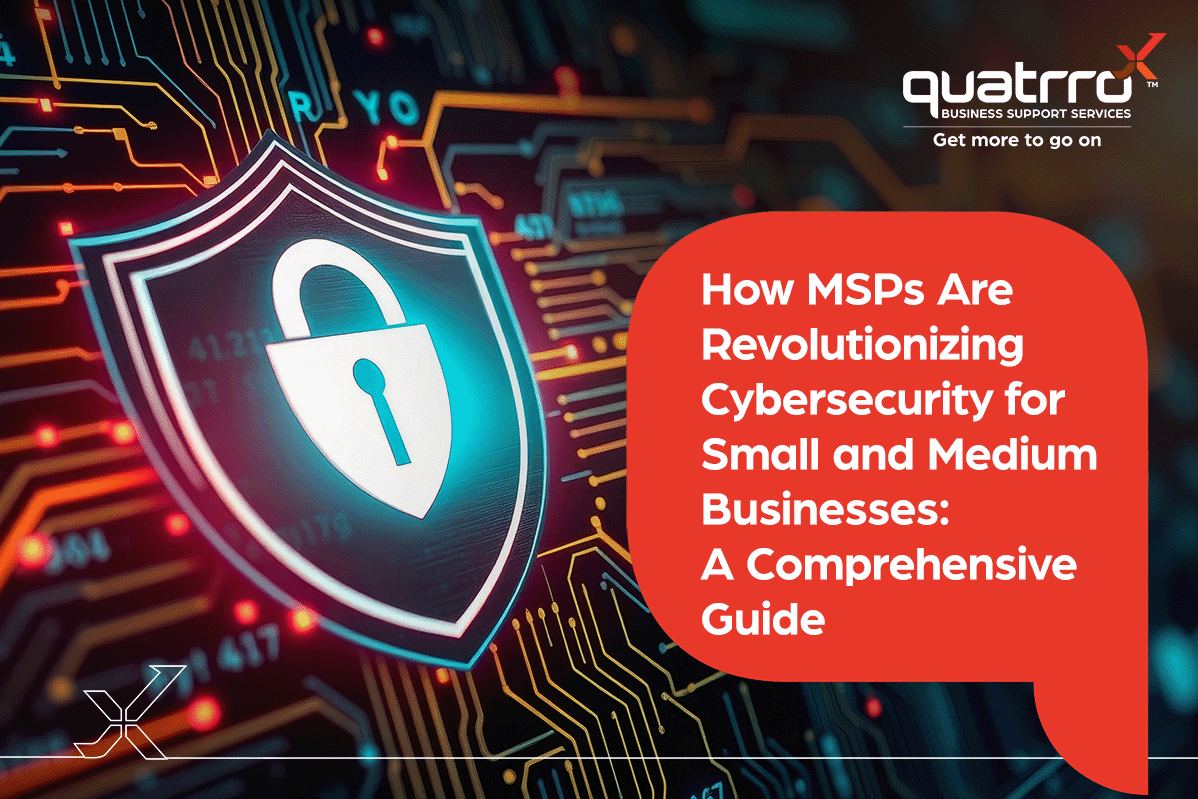Blog Details
Beyond Checkboxes: Building a Resilient Data Privacy Posture in the Age of Ever-Evolving Regulations.
January 3, 2024

Navigating the US data privacy and compliance landscape can feel like traversing a regulatory minefield. A patchwork of federal and state-level regulations, coupled with industry-specific standards and the looming shadow of global giants like GDPR, leave C-Suite executives grappling with complex questions: How do we protect sensitive data without stifling innovation? How do we build trust with customers and partners in an age of heightened privacy concerns? Can compliance actually become a competitive advantage?
The answer lies in shifting from a reactive, checkbox-ticking approach to a proactive, strategic one. Building a resilient data privacy posture necessitates a thorough awareness of the regulatory landscape as well as a robust framework for data governance, risk mitigation, and ongoing compliance. This guide equips C-Suite executives with the essential tools and insights to demystify the complexities of data privacy and transform it from a burden into a powerful driver of trust, growth, and success.
Understanding the Landscape: Varied Regulations and Industry-Specific Compliance
Navigating the terrain of data privacy regulations resembles a complex mosaic. Beyond the overarching federal and state-level mandates, specific industries grapple with distinct compliance standards, intensifying the intricacy of data privacy measures.
The regulatory landscape spans a multitude of legal rules: California Consumer Privacy Act (CCPA) regulates businesses acting in California, healthcare entities adhere to the Health Insurance Portability and Accountability Act (HIPAA), and financial institutions follow the Gramm-Leach-Bliley Act (GLBA). This decentralized framework emphasizes tailored compliance measures, considering industry intricacies and geographic nuances.
By emphasizing the diversity of regulations across states and industries, it's evident that anuanced approach is vital. Recognizing these distinctions becomes imperative for enterprises seeking robust compliance frameworks that cater to their unique operational spheres.
Beyond Checkboxes: Building a Data Privacy Framework
Compliance starts with a solid foundation. Consider it as building a secure house: your data privacy framework serves as the blueprint, ensuring that every room (data collection, storage, access, and disposal) is created with robust security measures in mind. Key elements of this framework include:
Data Governance: Who owns the data? How is it used? Establishing clear policies and procedures for data handling is crucial.
Access Controls: Who can access what data? Granular access controls ensure that only authorized individuals see sensitive information.
Data Minimization: Collect only the data you need and nothing more. Data minimization reduces risk and simplifies compliance.
Risk Assessments: With today’s speed of business, environments change from day to day. Regularly assess your data security posture to identify and address newpotential vulnerabilities.
Continuous Compliance Audits & Reporting: Staying Ahead of the Curve
Compliance is not a one-time event; it's a journey. Regular audits, like planned check-ups, for your data warehouse, can detect compliance gaps and keep you ahead of the curve. Meanwhile, comprehensive reporting systems keep stakeholders and regulatory bodies well-informed, confirming your dedication to data privacy.
Secure Handling of Sensitive Data: Your Valuables Need Strong Locks
Sensitive data, like customer PII (Personal Identifiable Information) or financial information, requires additional protection. Data encryption, secure storage solutions, and strong access controls are essential to keeping your valuables safe from unauthorized access or breaches. Don't treat data security as an afterthought; prioritize it from the beginning of your data lifecycle and through every step and hand-off point.
Incident Response for Compliance Violations: When Things Go Wrong
Even the most secure houses occasionally experience break-ins. While data breaches and compliance violations are never welcome, they are unavoidable. A well-defined incident response strategy guarantees that you can react quickly, mitigate damage, and meet regulatory obligations. Transparency and effective communication with stakeholders are key during such situations.
Data Privacy as a Competitive Advantage: Trust is the New Currency
Data privacy isn't just about avoiding fines but building trust with customers, partners, and employees. In today's hyper-connected world, consumers are increasingly wary of sharing their personal information. Strong data privacy practices can set you apart, establishing you as a trustworthy brand that respects user privacy. Think of it as a key element of your strategy to attract loyal customers.
Emerging Trends in Data Privacy
Looking ahead, new issues will surface through rising trends such as the emergence of AI- driven privacy solutions and the developing environment of data localization regulations. While technological advancements improve data security, they also introduce new complications that demand constant adaptation to remain compliant and secure in an ever- changing environment.
Transforming the Data Landscape: From Burden to Boon
Embracing data privacy as a strategic imperative rather than a regulatory burden unlocks a wealth of benefits:
Enhanced Brand Reputation: Strong data privacy practices build trust and loyalty, boosting your brand image.
Increased Customer Acquisition and Retention: Consumers are more likely to do business with companies they trust with their data.
Improved Data-Driven Decision Making: Secure, well-governed data enables better insights and more informed business decisions.
Reduced Regulatory Risks and Costs: Proactive compliance minimizes the risk of costly fines and penalties.
Competitive Differentiation: In a crowded market, data privacy can be a powerful differentiator, attracting talent and clients.
In summary, establishing a resilient data privacy posture involves understanding the regulatory landscape, tailoring strategies to industry-specific demands, and embracing a proactive strategy. By prioritizing data security, leveraging practical frameworks, and staying abreast of emerging trends, organizations can transform data privacy from a regulatory burden into a strategic asset, fostering trust, growth, and success.








